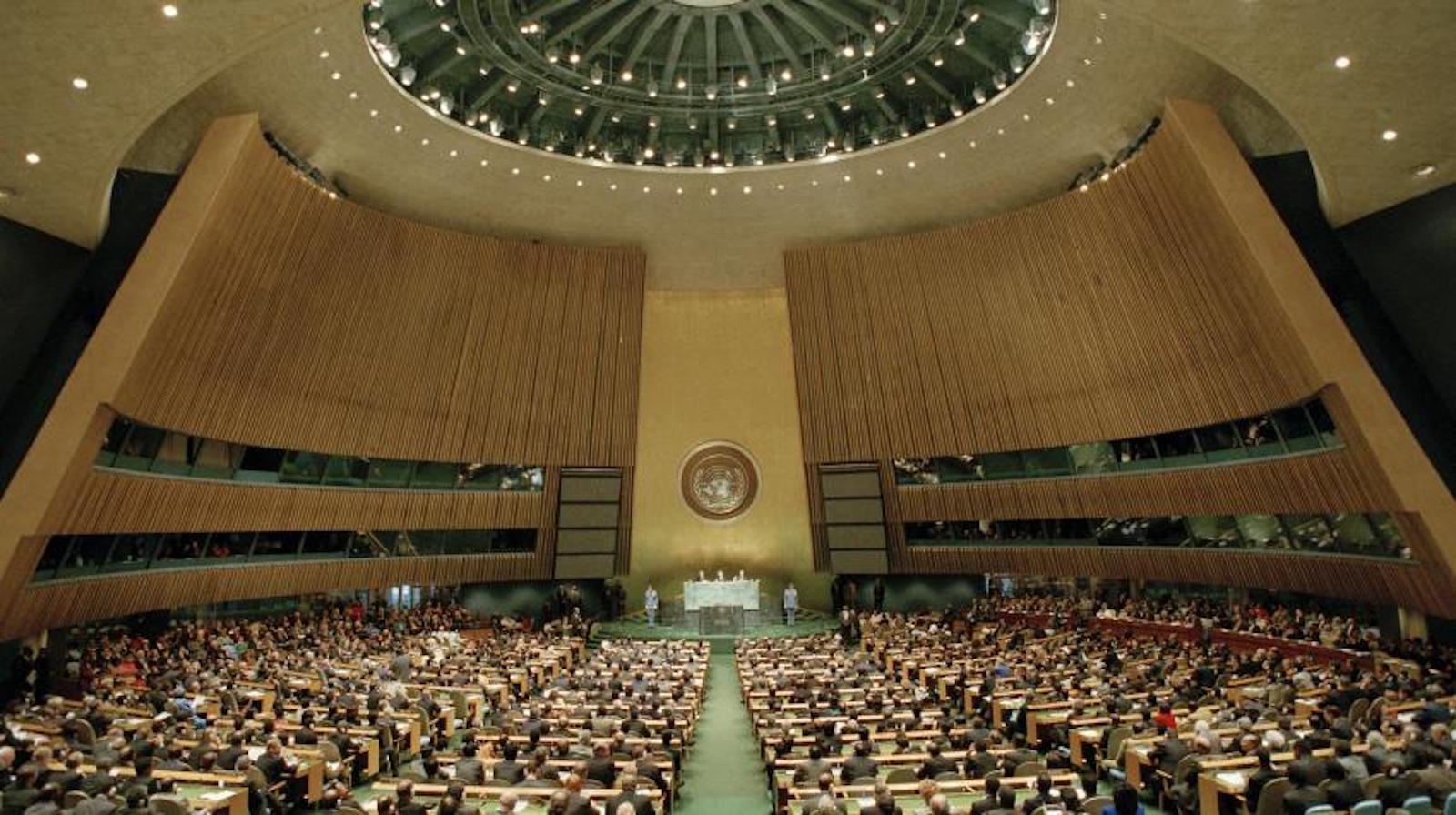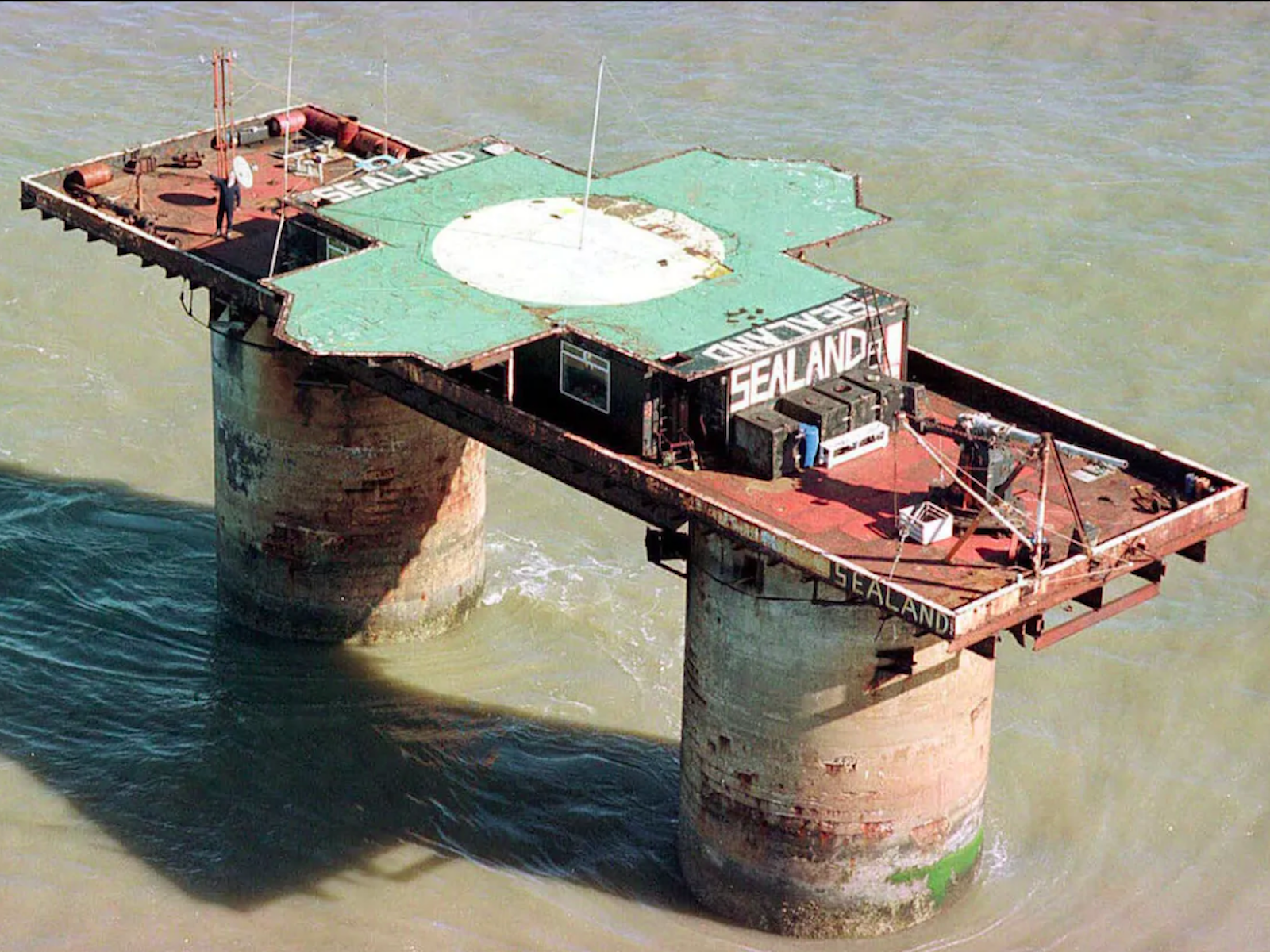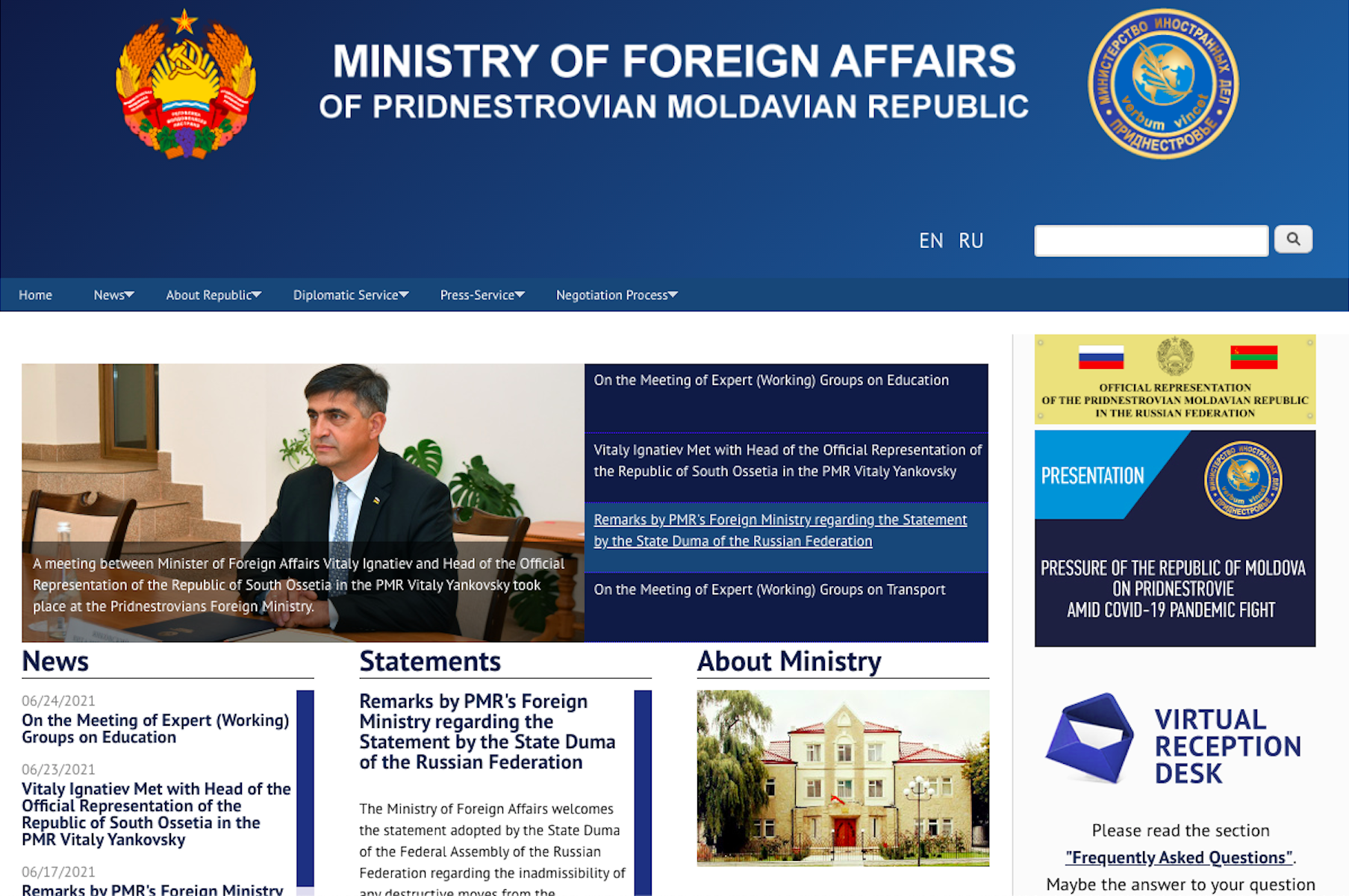
How Many Countries Are There? Well…It Depends! And We May Disagree
Go to Google and type in “How many countries are there?” Should be pretty simple to get an answer, right? What if I told you that you’d get a bunch of results with different numbers. That’s because it all comes down to what you think a “country” is. That will ultimately affect how many countries you think there are in the world. Without getting into politics, it’s safe to say that everyone’s view on this is largely rooted in politics.
Let’s look at some common views on this, because it’s fascinating and much more complex than you probably thought.
What Is A Country?
Let’s start with a thought experiment: what is a country?
You probably said some of these things for what makes a country:
- Has a defined system of government
- Controls its own borders
- A military maybe
- Has its own system of money
- A defined set of people
- Etc.
Those are common starting points.
If we take the above as what makes a country, you’ll be pretty surprised that you don’t think Ecuador, El Salvador, Zimbabwe, Timor-Leste (East Timor), Federated States of Micronesia, Marshall Islands, and Panama are countries. That’s because they all use the US Dollar as their currency. They don’t have their own money. They’re definitely countries though, right? Oops.
And there are 15 “totally real countries” that don’t have any kind of army. They’re still countries, right?

Common Approaches To What A Country Is
There are some common approaches to what is a country (and therefore what isn’t a country). Let’s look at these to see how they can change our answer to how many countries there are.
Membership In The United Nations
Possibly the strictest view, this results in the lowest number of countries on our list. There are 193 member nations of the United Nations. This doesn’t include “I thought that was a country??” contenders like The Holy See (Vatican), Kosovo & Taiwan. A much bigger discussion, but yes Taiwan isn’t a member of the UN. If that’s our definition, then do we say Taiwan isn’t a country?
If we expand our definition a bit, what about “countries that are on more than 1 committee at the UN”? We’ve now said The Holy See, Kosovo, and Palestine are countries, in addition to the Cook Islands and Niue. But not Taiwan.
Controls Its Own Territory
If we take this approach, we will now have a lot of countries. If we say “it’s a country if it controls its own territory” the question is what ‘control’ is, right? Does The Vatican/Holy See ‘control’ its territory? It has no border checkpoints of any kind. Does Taiwan control its territory?
Allow me to introduce to you some countries under this definition:
- Liberland – exists on an unclaimed piece of land between Croatia & Serbia, controls this territory
- Sealand – exists on an abandoned oil rig in the North Sea, controls this territory and has defended against an armed coup attempt
There are a bunch of examples of micronations like these, where they have issued passports, set up systems of government, and some even have their own money.
On the flip side, there are places like Somaliland, Abkhazia, Transnistria, and others that somewhat control their own territory. They claim independence from some other country they don’t want to be part of. Some have their own passports, own systems of government, maybe even treaties. Are they countries?

Has Treaties With Other Nations / Recognized By Other Countries
One of the main things a country does is make treaties and agreements with other countries, right? Trade deals, non-aggression pacts, common defense… If a place has treaties, is it a country?
Maybe. Many micronations create treaties with one another. Sealand even had a visit from the German Ambassador to the UK once, so does that make it a recognized country?
Western Morocco/Sahrawi Arab Democratic Republic wants to break off from Morocco. Ever noticed that dotted line for “disputed border” on most maps of Morocco? The Sahrawi Arab Democratic Republic is recognized as an independent country by 84 member nations in the UN. Is it a country?
These countries are recognized by at least one country that’s in the United Nations, so are they countries?
- Abkhazia (wants to break away from Georgia)
- Cook Islands
- Kosovo
- Niue
- Northern Cyprus (wants to break away from Cyprus)
- Palestine
- Sahrawi Arab Democratic Republic (wants to break away from Morocco)
- South Ossetia (wants to break away from Georgia)
- Taiwan
Additionally, there are some that claim independence but are only recognized by other trying-to-be-independent countries:
- Artsakh (wants to break away from Azerbaijan, often known as Nagorno-Karabakh and the site of the recent war between Armenia & Azerbaijan)
- Transnistria/Pridnestrovia (wants to break away from Moldova)

So…How Many Countries Are There?
Considering the various approaches, here are some possible answers to this question:
- 193 members of the UN
- 195 (the number above plus observer states Holy See & Palestine)
- 201 (UN members + observers + ‘recognized by a UN member country’ for Taiwan, Western Sahara, Kosovo, South Ossetia, Abkhazia, and Northern Cyprus)
- 204 nations that claim to be independent (add 2 break-away states from Ukraine–Donetsk People’s Republic & Luhansk People’s Republic–and Transnistria that wants to leave Moldova)
- 206 independent states in the Olympics
- 211 nations that can qualify for the FIFA World Cup
- 262 ‘countries’ listed in the CIA World Fact Book
The number you choose will ultimately be based on your personal view of what a country is. This number typically corresponds with your political views on who you say is NOT a country because of your allegiances. For example, if you claim a piece of land, you automatically won’t recognize any other country that claims that land.
Final Thoughts
When you hear people talking about how many countries they’ve been to, it’s always a fun experiment to first think about how many countries there are. We all may disagree on that number. Maybe you’ve never thought about this before. If you have, you probably didn’t realize just how complex this discussion can be. Regardless, it’s super interesting and requires some mental gymnastics to create a ‘country’ definition that won’t include someone you don’t want to include.
And for anyone interested: a lot of these micronations will let you become a citizen or some type of royalty (for a fee)!



And once you figure out how many countries there are, then you have to deal with what constitutes a visit to these countries. Is it setting foot on land owned by the country, floating over water owned by the country, an overnight visit, crossing the country by rail or road, getting a passport stamp or whatever? Once you have that all squared away, then you have NomadMania, etc. which divides up the earth into thousands of microregions and The ExtraMilerClub, etc. which divides countries, like the US, by counties. When you get a room full of the world’s most travelled folk you get a wide mix of country and visit opinions, and a lot of very interesting stories.
Glad to see you’re familiar with Nomad Mania! They have some interesting articles on that “what is a visit?” topic. I don’t personally count “visit to North Korea” for the people who stepped over the line at the DMZ visit from South Korea, for example.
How about the Traveler’s Century Club list?
They count “countries and territories”. For instance, the TCC counts Hawaii separately from the rest of the US.
Not to mention Jerusalem, which is disputed territory.
I have a list of countries that I’ve been to categorized as the most liberal definition to the usual to the most strict.
The most liberal include the Free City of Berlin until around 1990, Jersey, Guernsey/Alderney/Sark, Gibraltar, etc.
The usual includes Hong Kong and Taiwan even though Hong Kong is just a SAR (and previously a British Crown Colony) and Taiwan is the Republic of China.
The most strict is a list that excludes countries that I’ve not step foot on the ground (only the airport terminal). The absolute most strict excludes countries that I have not been in for more than 24 hours.
IMO if a place issues an internationally generally recognized passport, they’re a country. The Vatican qualifies so you just got me another country I’d forgotten about.
Yep, I always say I’ve been to “about 60 countries, depending how you count” and people always give me odd looks. I always use Hong Kong as an example, is that a country? Was it?
An excellent example. People from Hong Kong don’t consider themselves Chinese. They have a different flag and money and writing system. But the borders/military thing and UN things fall on the other side. “Country or not” has many different responses here.